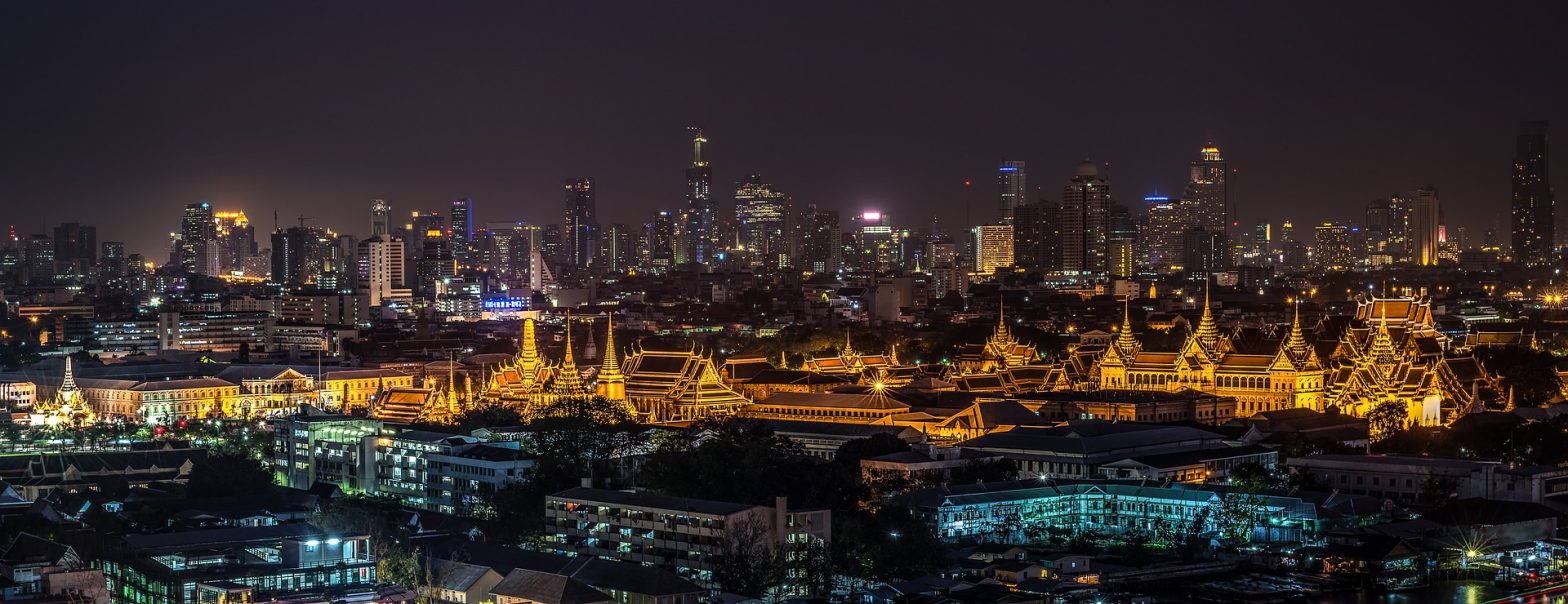IURC Asia & Australasia Partner Country: Thailand
Country Description
Thailand is not only undergoing rapid urbanisation but is also implementing various policies to tap urbanism for economic growth and promote sustainability. Until the second half of the 20th century, it was primarily an agricultural country. However, since the 1960s increasing numbers of people have moved to Bangkok and to other cities. Currently, roughly 50% of the country’s 70-million population lives in urban areas, and the number is expected to rise to 72% by 2050. Its capital, Bangkok, is the most populous city, being the fifth largest in East Asia in terms of area and the ninth largest in terms of population. Apart from Bangkok, there are sizeable cities in every region of the country, such as Chiang Mai in the north, Nakhon Ratchasima (Korat), Khon Kaen, and Udon Thani in the northeast, Pattaya in the southeast, and Hat Yai in the far south.
As the country tries to escape the middle-income trap, the government has launched several schemes to garner the power of digital technology and intellectual property to increase its economic competitiveness. These include the Thailand 4.0 concept, which has brought forth initiatives such as the Thailand Smart City programme. Launched in 2018 and operated by the Digital Economy Promotion Agency (DEPA), the programme aims to accelerate the adoption of digital technologies and innovations for urban and industrial development.
Previous EU-Thailand City Cooperation
Although there is no existing experience in city-to-city cooperation between the EU and Thailand, the EU has provided funding to projects and events in the area of urban cooperation and development in the country.
In 2019, the UCLG ASPAC, the Bangkok Metropolitan Administration (BMA) and the UNESCAP jointly organised the 5th ASEAN Mayors Forum entitled “Driving Local Actions for Sustainable and Inclusive Growth” in Bangkok with support from the EU. During this event, the IUC Asia Helpdesk organised a networking event entitled “A Special Briefing Session for Mayors: Global Covenant of Mayors for Climate & Energy (GCoM)” aiming at encouraging mayors to join the GCoM and obtain the benefits for their cities.
SUCCESS (Strengthening urban climate governance for inclusive, resilient, and sustainable societies in Thailand) is a 5-year project (2019-2024) focusing on the knowledge and technical skills of local civil societies in Khon Kaen, Udon Thani, Nong Khai, Songkhla, Phatthalung and Satun in urban climate resilience and governance. It aims to increase CSOs’ capacities and capabilities to play a critical role in urban development planning processes that are inclusive, equitable, just and climate resilient.
In 2020, the EU announced three new development cooperation projects with ASEAN, one of which is the Smart Green ASEAN Cities project. With €5 million in funding, the EU will support the ASEAN Smart Cities Network (ASCN) initiative, which aims to support sustainable urbanisation in the trade bloc, reduce the environmental impact of urban areas, and improve the citizens’ quality of life. The ASCN has 26 pilot cities, including Bangkok, Chonburi and Phuket in Thailand.
